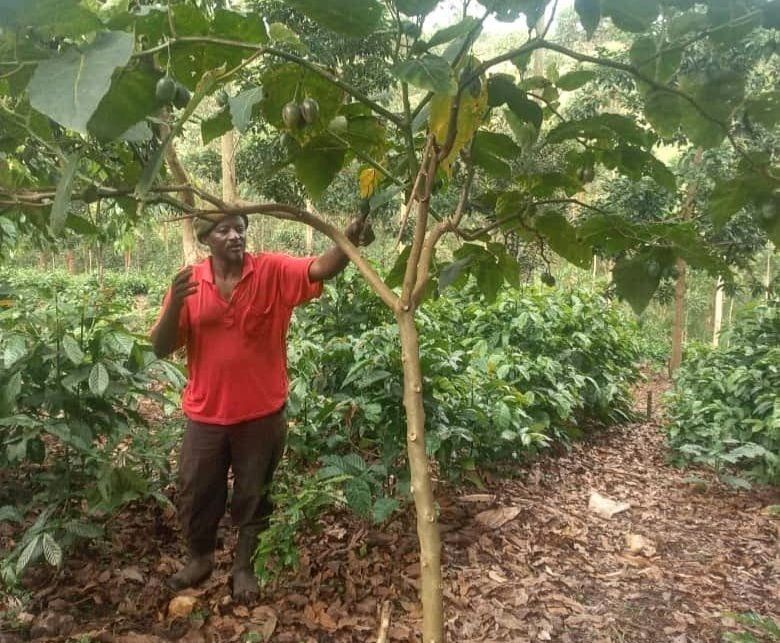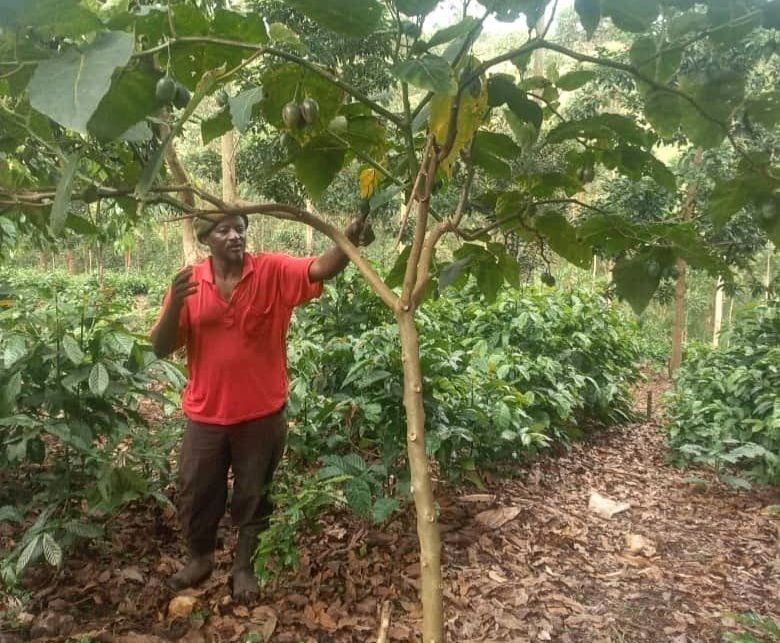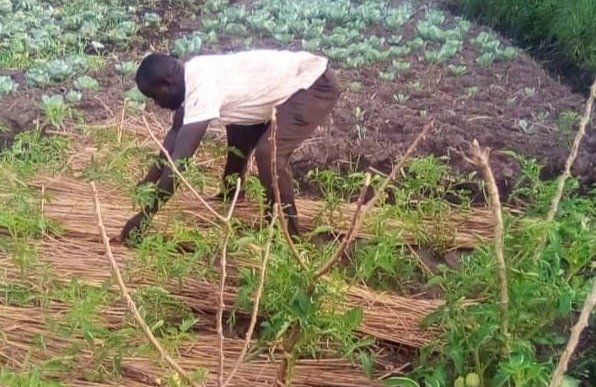Maintaining food security during COVID-19
By growing fruit and nut trees on their own land, farmers are not just sequestering carbon—they're providing for themselves.

Just the gist
If you're in a hurry, here's what you need to know this month:
- Farmers involved with the project typically grow their own food, which means self-sufficiency during lockdown from the coronavirus.
- The Community Tree Planting program includes free lessons for farmers on "conservation farming" techniques that heal degraded land and increase crop yields.
- If you missed it, read last month's update—it goes in-depth on how the project is adapting to the COVID-19.
For more updates like this one, follow Wren on Twitter and Instagram.
Most of the farmers that make this project happen are subsistence farmers. They grow most of their food on their own land.
By growing fruit and nut trees on their own land, they're not just sequestering carbon—they're providing for themselves. Sometimes, they can even sell their produce and have another income stream so they can purchase other food or supplies they can't grow on their own.

Trees also protect farmland by increasing soil water retention, preventing erosion, blocking wind, and creating shade. All of these contribute to a healthy growing environment for food crops and help farmers sustain themselves through heavy rains, severe wind, harsh weather and drought.
TIST Farmers always choose what to plant on their land and many farmers appreciate planting trees that serve multiple purposes.

Farming techniques taught for free
The Community Tree Planting program also includes teaching farmers "conservation farming" techniques that heal degraded land and increase crop yields. This free education gets more farmers excited to join the program, and helps ensure their trees grow—and that their farms produce enough food for their families.
Because of their healthy farms and food trees, most farmers don't have to worry much about food right now. Much of East Africa is still on high alert for COVID-19, but the Community Tree Planting project is swimming along without interruption!
Thanks again for supporting this project—these sorts of adaptations can only happen thanks to supporters like you who are taking the climate crisis into their own hands.
Want to help this project grow on Wren? Forward this email to a friend, or share this link: bit.ly/wren-update3. The #1 way we grow our impact is through supporters like you 🧡
That's it for this month's update on Clean Cooking Fuel for Refugees! If you want to go above and beyond, send this link to your friends and invite them to Wren! Every month we’re inspired by how many supporters tell their friends about Wren 🧡

